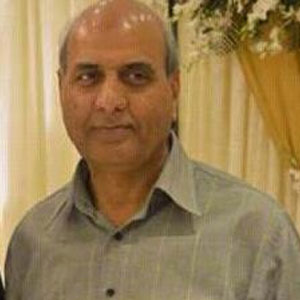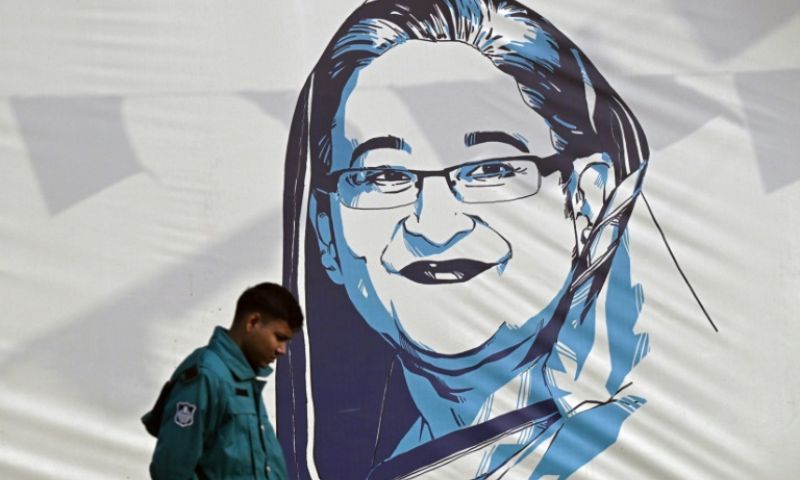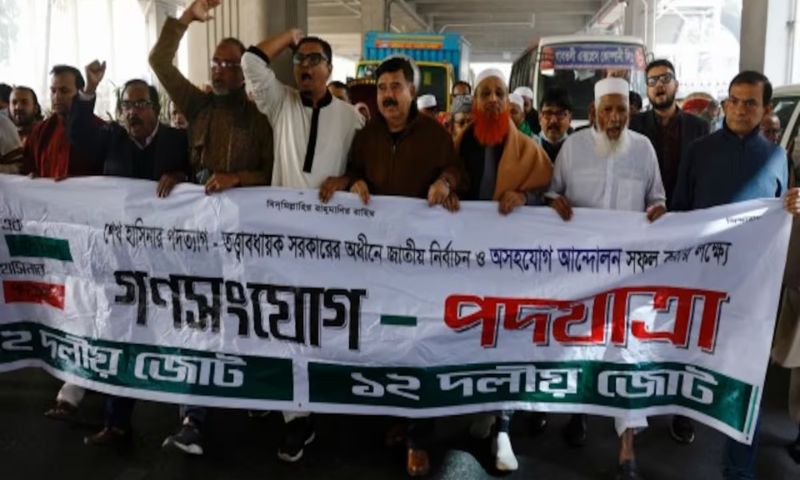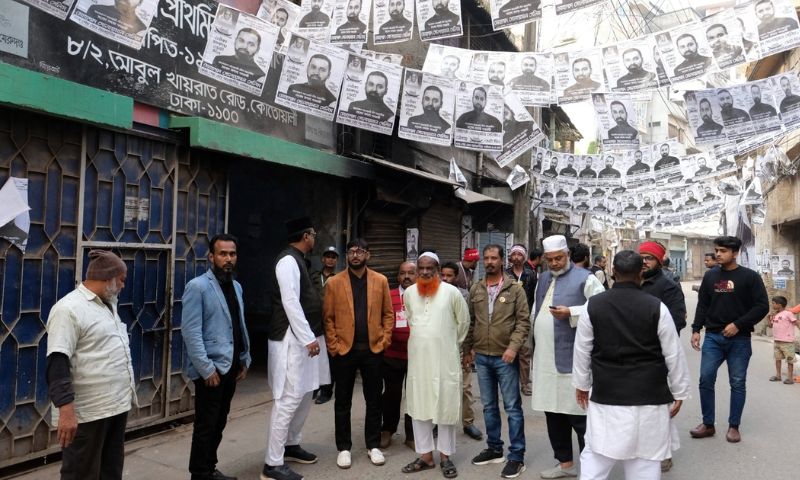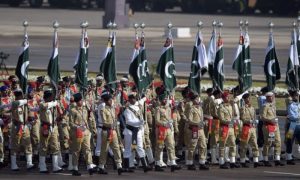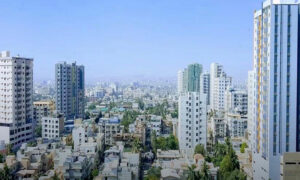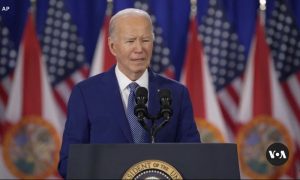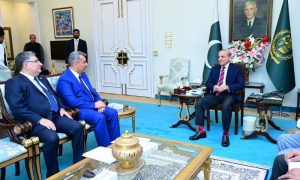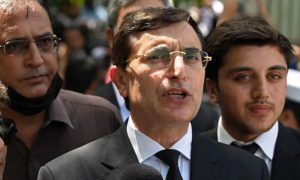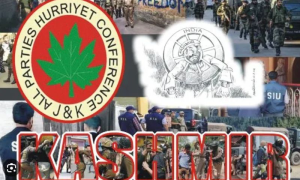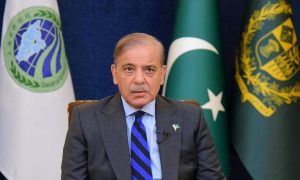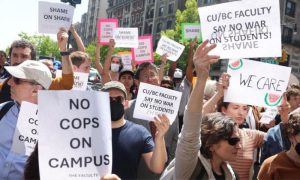In yet another controversial general election, Bangladesh’s Prime Minister, Sheikh Hasina, secured a fifth term, maintaining her stronghold on the political landscape since her return to power in 2009. Her victory this time, securing seventy five percent of the total seats has been marred by a flawed electoral process and the continued suppression of opposition voices.
While Sheikh Hasina’s tenure has seen remarkable economic growth and improvements in various sectors, the cost of this success is evident in widespread human rights abuses and a relentless crackdown on political dissent.
During her time in office, Sheikh Hasina oversaw breakneck economic growth, with Bangladesh experiencing an impressive rise in exports and lifting around 50 million citizens into the middle-income group. The country’s garment industry played a pivotal role in this growth, leading to income levels that, at one point, surpassed those of India. Bangladesh also witnessed significant advancements in education, healthcare, female participation in the labour force, and disaster preparedness.
This economic success story, however, is overshadowed by the dark side of Sheikh Hasina’s rule – widespread human rights abuses and a relentless crackdown on the opposition.
The prime minister firstly targeted the Jamaat-e-Islami, Bangladesh’s largest Islamist party, effectively banning its political activities and prosecuting its leaders. The fact of matter is that she punishes those who have pro Pakistan stance or want to develop good relations with it whilst forgetting the past. Once addressing a rally, she said the people of Bangladesh must respond to those who have been lost in their love for Pakistan. “They must be punished. We must make them forget their love for Pakistan,” she had said.
Whilst Sheikh Hasina has always shown anti Pakistan sentiments, the governments in Pakistan has always tried to develop some cordiality in the bilateral relationship with Bangladesh. Caretaker Prime Minister Anwaar ul Haq in his felicitation message to Sheikh Hasina reaffirmed Pakistan’s desire to develop enhanced cooperation with Bangladesh. Given Sheikh Hasina’s past posture, one should not expect anything positive from her. The relationship is at such a lowest ebb that Pakistanis mostly face difficulties in acquiring Bangladesh’s visa.
Another victim of Sheikh Hasina’s oppressive regime is Bangladesh Nationalist Party (BNP), the main opposition, who has a more pro Pakistan posture. BNP leaders, including Khalid Zia, have found themselves either imprisoned on dubious charges or entangled in endless court appointments under Sheikh Hasina’s prolonged tenure. The suppression of teachers, writers, intellectuals, and journalists critical of the government raises serious questions about the state of democracy and political freedoms in Bangladesh.
As Western nations increase pressure on Sheikh Hasina’s government over human rights abuses, India always comes forward to defend her. Using its growing diplomatic weight, India reportedly asks the western powers to ease their stance on Bangladesh. In the recent elections also, the opposition was effectively sidelined, with Sheikh Hasina’s party facing minimal rivals. The Bangladesh Nationalist Party boycotted the polls, labeling them a sham election. Protests erupted on the occasion, with reports of violence and suppression, particularly in the port city of Chittagong.
The international community, including the United States and the United Kingdom, have expressed concern over the election’s fairness and condemned reported irregularities. While official statements have been made, there is a growing consensus that mere rhetoric is insufficient. The deteriorating human rights situation in Bangladesh demands more than verbal condemnation. Tangible actions are needed to address the erosion of democracy and political freedoms there.









